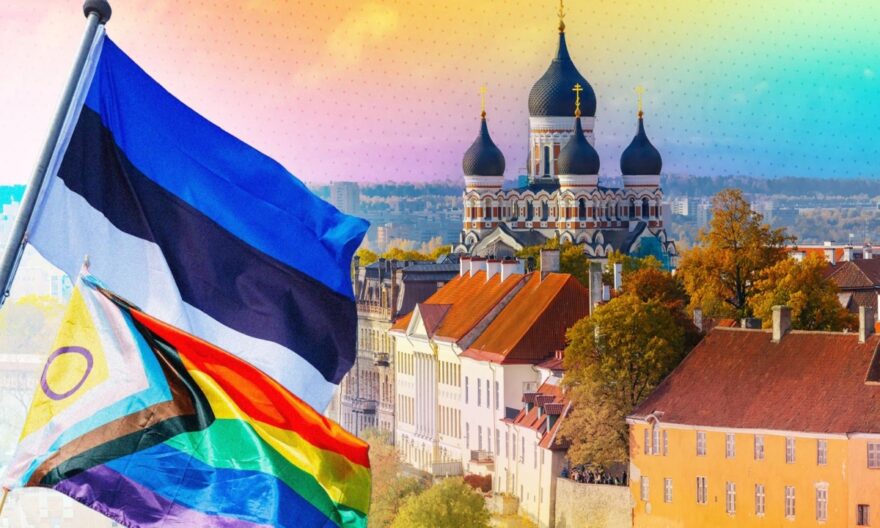
Estonia’s parliament passed a law on Tuesday that legalizes same-sex marriage, marking a historic milestone as the first central European country to do so.
While same-sex marriage is already recognized in many western European nations, it has not been widely accepted in central European countries, which were formerly part of the Warsaw Pact alliance under communist rule. However, these countries are now members of NATO and the European Union.
Annely Lepamaa, a 46-year-old lesbian, expressed her joy, stating, “It’s like the state is finally accepting me. Now, I’m a human with rights.” She highlighted the struggles she faced in the past, such as having to go to court to adopt her own children.
The bill garnered 55 votes in the 101-seat parliament, with support from the coalition of liberal and social democratic parties led by Prime Minister Kaja Kallas, who achieved a strong victory in the 2023 election.
Prime Minister Kallas emphasized “My message (to central Europe) is that it’s a difficult fight, but marriage and love is something that you have to promote. We have developed a lot in those 30 years, since we have freed ourselves from the (Soviet) occupation. We are equals among same-value countries.”
Estonia’s newly approved law legalizing same-sex marriage will be enforced starting in 2024.
According to a 2023 poll conducted by the Centre for Human Rights, 53% of the country’s 1.3 million population support same-sex marriage, a significant increase from 34% a decade ago. However, there is still opposition, with 38% of Estonians considering homosexuality to be unacceptable. The ethnic-Russian minority, comprising a quarter of the population, largely opposes same-sex marriage, with only 40% in favor.
Due to prevailing societal attitudes, many gay individuals in Estonia choose to keep their identity discreet, and recent government data indicates that half of them have experienced harassment.
Tomas Jermalavicius, the head of studies at the International Centre for Defence and Security, said, “This was a good opportunity for the government, because the public opinion on same-sex marriage has turned to positive, and after this year’s election it has the numbers to overcome the conservative opposition.”
In neighboring Baltic countries Latvia and Lithuania, which were also previously under Soviet rule, similar bills on same-sex partnerships remain pending in their parliaments.
Following the vote, Eeva Koplimets, the partner of Annely, proposed that they should get married, expressing their excitement by stating, “Yeah, we are switching (to marriage)! We made our decision on TV!”




